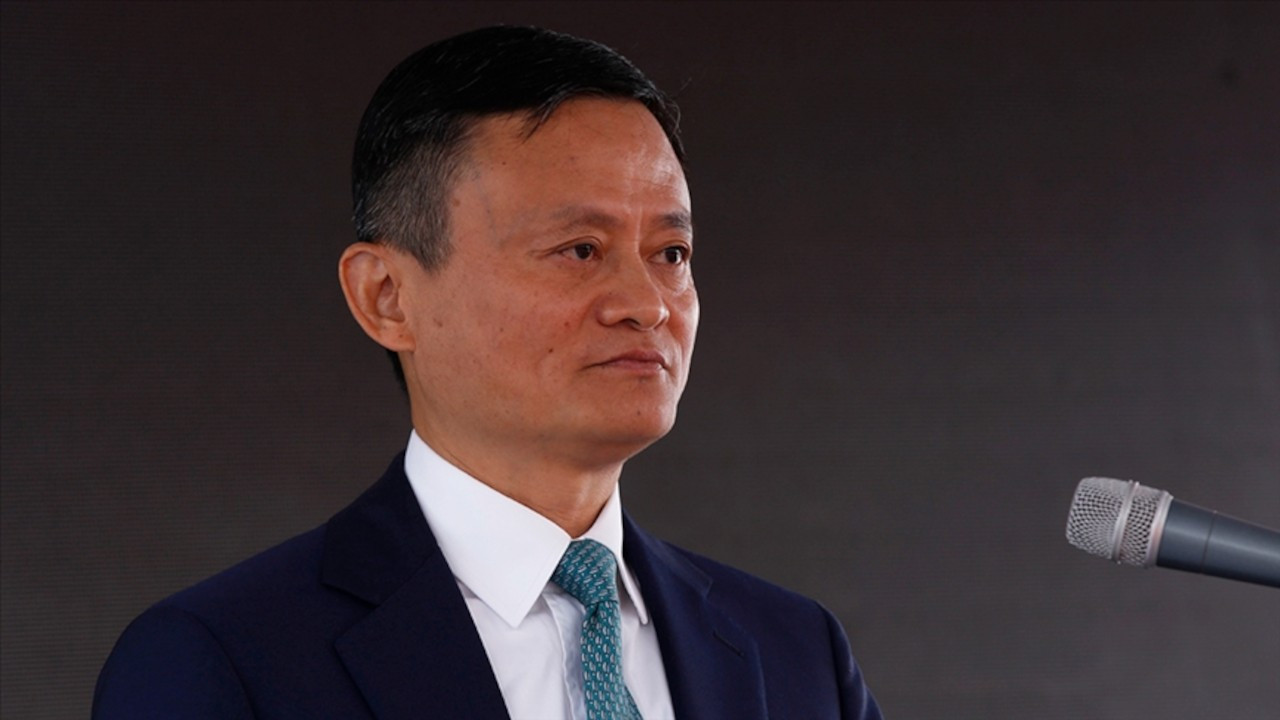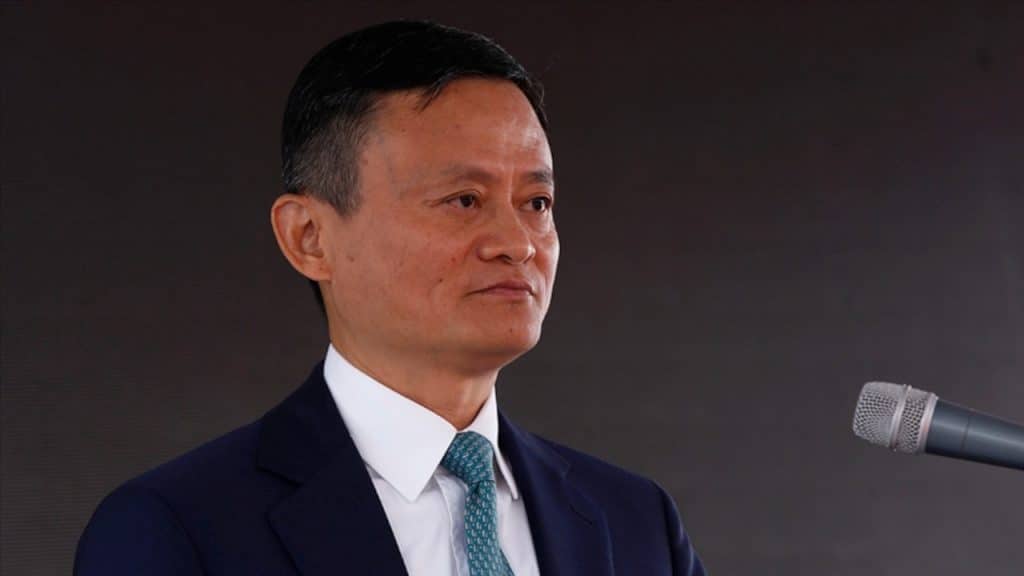
In a statement made by the company, instead of the decision structure in which Ma has active control with a 53.46 percent share with Eric Cing, the Chairman and CEO of the company, Simon Hu and Alibaba Group Manager Jiang Fang, the control right is concentrated in 10 independent stakeholders. A new building was announced. In the statement, it was stated that in the new structure, the investment partnership formed by Ma and 4 stakeholders will have 31.04 percent of the vote, while the investment partnership formed by Cing and 4 stakeholders will have 22.4 percent of the vote, while the voting rights of the other partners will remain at 46.4 percent. Emphasizing that the main shareholders will exercise their voting rights independently, the statement said, “No partner shall have the power to determine the decisions of the board of directors of Ant, to appoint the majority of the directors, and therefore to have control over the Ant, either alone or with another partner.” In the statement, it was noted that the regulation will not affect the share distribution and economic interests of the partners. The arrangement will end Ma’s direct control over the company.
The company’s public offering on the Hong Kong and Shanghai stock exchanges was halted.
Ma, the founder of Chinese internet company Alibaba, mysteriously disappeared and did not appear in public for a long time after speaking critically of market regulators and public banks in China in October 2020. After the event, the bilateral public offering of Ant Group, which brings together Alibaba’s internet payment service Alipay and its related assets under the same roof, planned to be held on the Hong Kong and Shanghai stock exchanges in October 2020, expected to generate $39.7 billion in revenue, was halted by the government. . In China, the central government increased its controls and regulatory interventions for internet companies from the end of 2020. The China Securities Regulatory Commission (CSRC) has stipulated that internet companies that dominate large amounts of user data must undergo a security investigation in order to go public abroad. China’s State Market Regulatory Authority (SAMR) targeted the country’s major internet companies such as Alibaba, Meituan, Baidu and Didi in its investigations it launched on the grounds of violating the antitrust law. SAMR fined Alibaba a record $2.8 billion in a monopoly investigation in April 2021. The company was asked to end its non-competitive practices related to the mobile payment platform Alipay and to increase the data security of users. After the penalty, the company was working to reorganize the organization and company structure of online payment, credit, insurance and similar services. While the new regulations are expected to pave the way for the company’s public offering, it will delay its time. The Shanghai Stock Exchange, where Ant Group is planning a public offering, requires at least 3 years for the shares of companies whose control structure has changed to be traded, and at least 1 year for the Hong Kong Stock Exchange.

